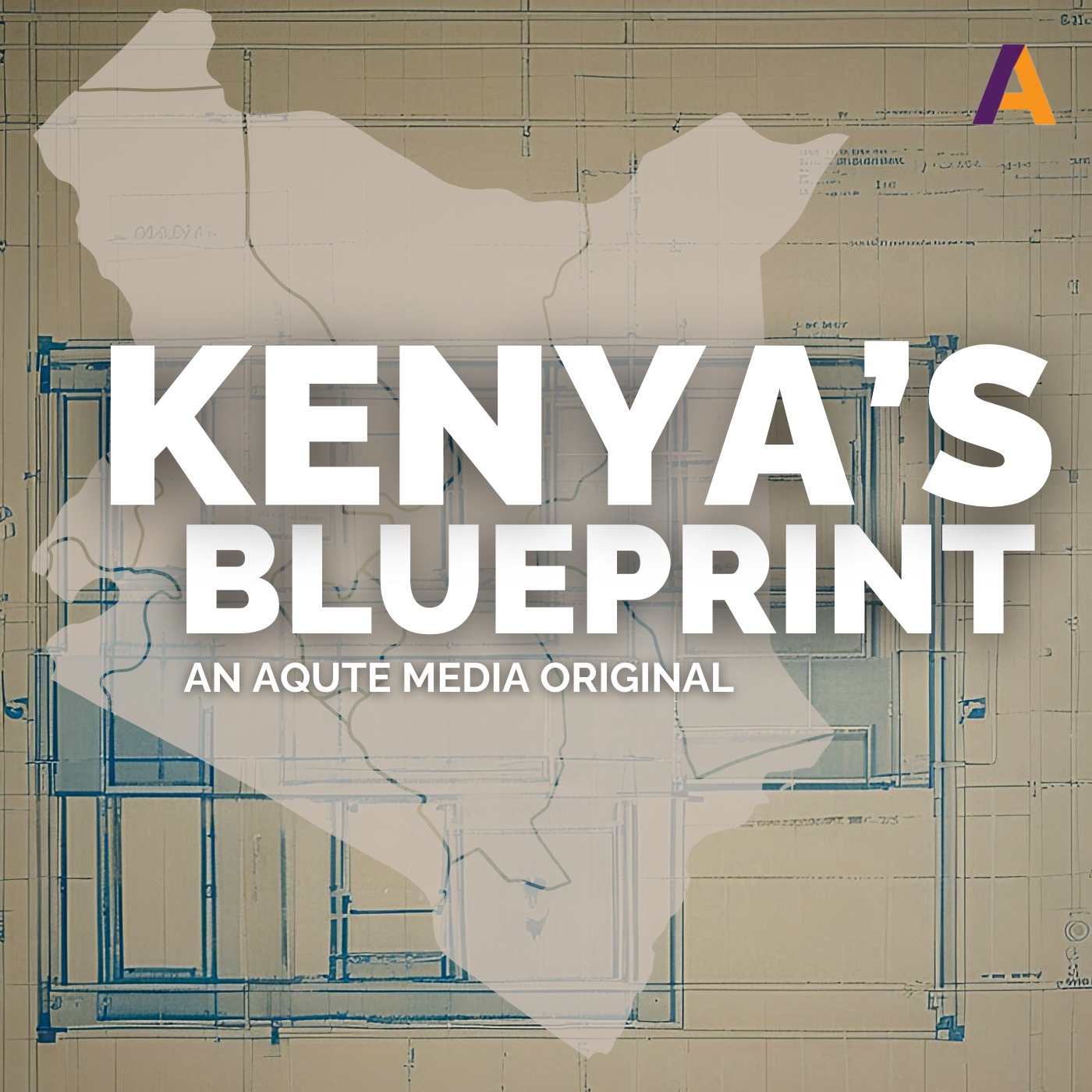Monopolizing Dairy | 3: NARC Happened, Light at The End of the Tunnel for the Farmer
The collapse of KCC and the poor management of other economic institutions provided the growing political opposition with ammunition to fight the government. By the end of 2001, the opposition had formed a loose alliance comprising mainstream opposition political parties. They began mobilising support around issues such as economic decay, collapse of agricultural institutions such as farmers‟ bodies, decaying infrastructure, and widespread corruption among others. And in December 2002, Kenyans voted in support of the Presidential candidate, Mwai Kibaki, from the opposition coalition – NARC.
The new President constituted a government in 2003. Members of the government included individuals whose political careers could be traced to their roles in activist movements and other pro-reform groups of civil society. The government reviewed its pre-election manifesto and the Poverty Reduction Strategy Paper to develop a national development strategy – Economic Recovery Strategy for Wealth and Employment Creation. Among the strategies identified as critical for economic recovery was revival of the agricultural sector and its institutions. This provided the entry point to rapid revival of various sectors. There were several reformers in the new government and some of them were keen to follow the party‟s blueprint for reforms.
The taking back of KICC aroused huge public excitement and expectation. It inspired other cabinet Ministers to design strategies that would show results. Radical reforms were effected in several sectors.
